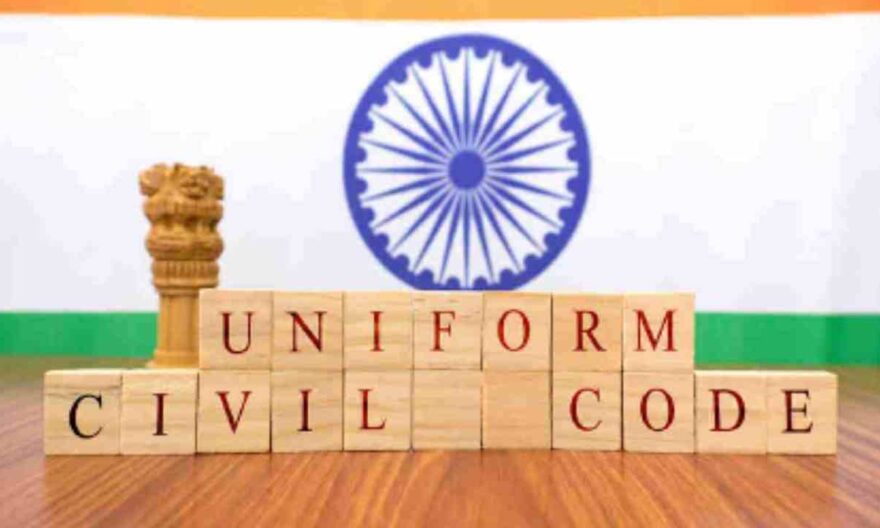
The Central Nagaland Tribes Council (CNTC) has expressed its opposition to the Uniform Civil Code (UCC) in a letter to the 22nd Law Commission, which recently sought public opinion on the matter.
Representing three major tribes in Nagaland – the Ao, Lotha, and Sumi tribes – the CNTC stated that the imposition of untested laws that are alien to tribal communities would have serious consequences. With a combined population of approximately seven lakh, these tribes have their own customs, cultures, and traditions that have peacefully coexisted without conflict.
The CNTC emphasized that Nagaland, as a tribal state, has managed to progress within the Indian Union due to the diversity and vibrancy of the country. The push for uniformity and conformity, according to the CNTC, has created deep insecurity, especially among ethnic, cultural, linguistic, and religious minorities across the nation.
The council highlighted that Nagaland enjoys protection under Article 371A of the Constitution, which exempts it from the applicability of parliamentary acts in matters relating to religious or social practices, Naga customary law and procedure, civil and criminal justice, and ownership of land and resources. This constitutional safeguard was recognized by the 21st Law Commission in its 2018 consultation paper on family law reforms, where it deemed the UCC as undesirable and unnecessary.
Urging the 22nd Law Commission to uphold the idea of India based on unity in diversity, the CNTC stated that the constitutional safeguards provided to Nagaland are crucial for maintaining the state’s connection with the Indian Union. It warned that any law capable of overriding these constitutional protections would sever the carefully developed connection of the past six decades.




